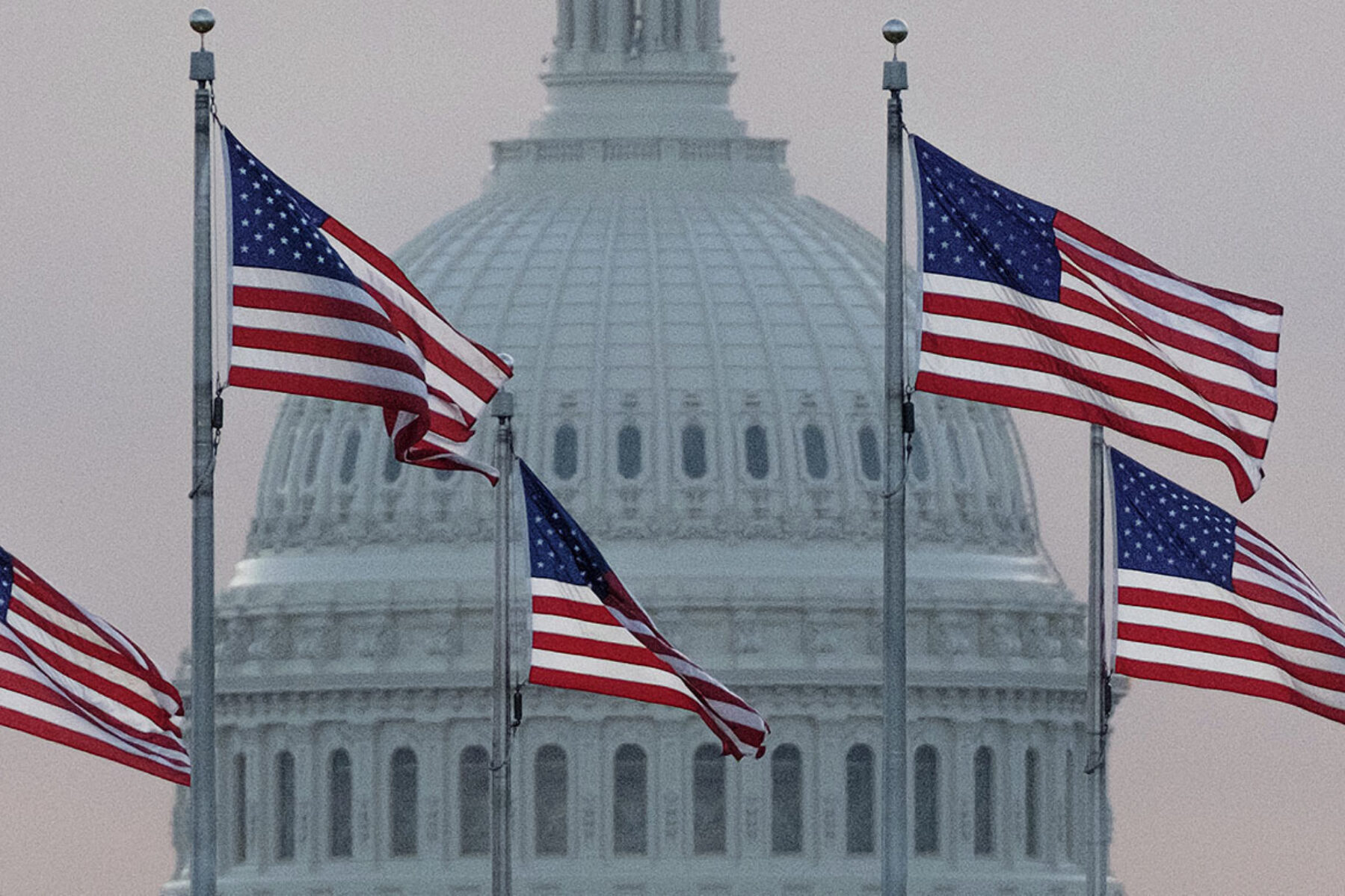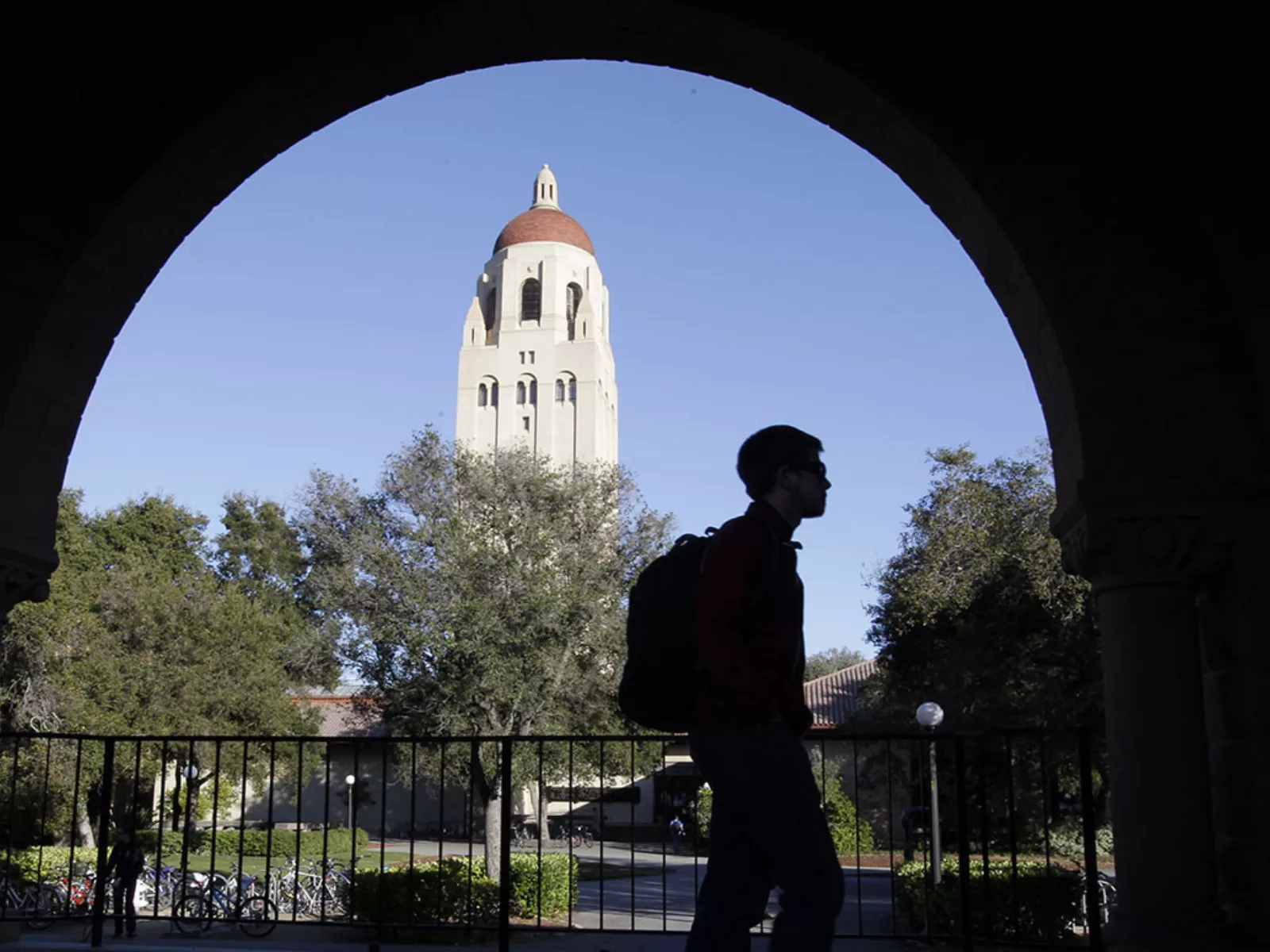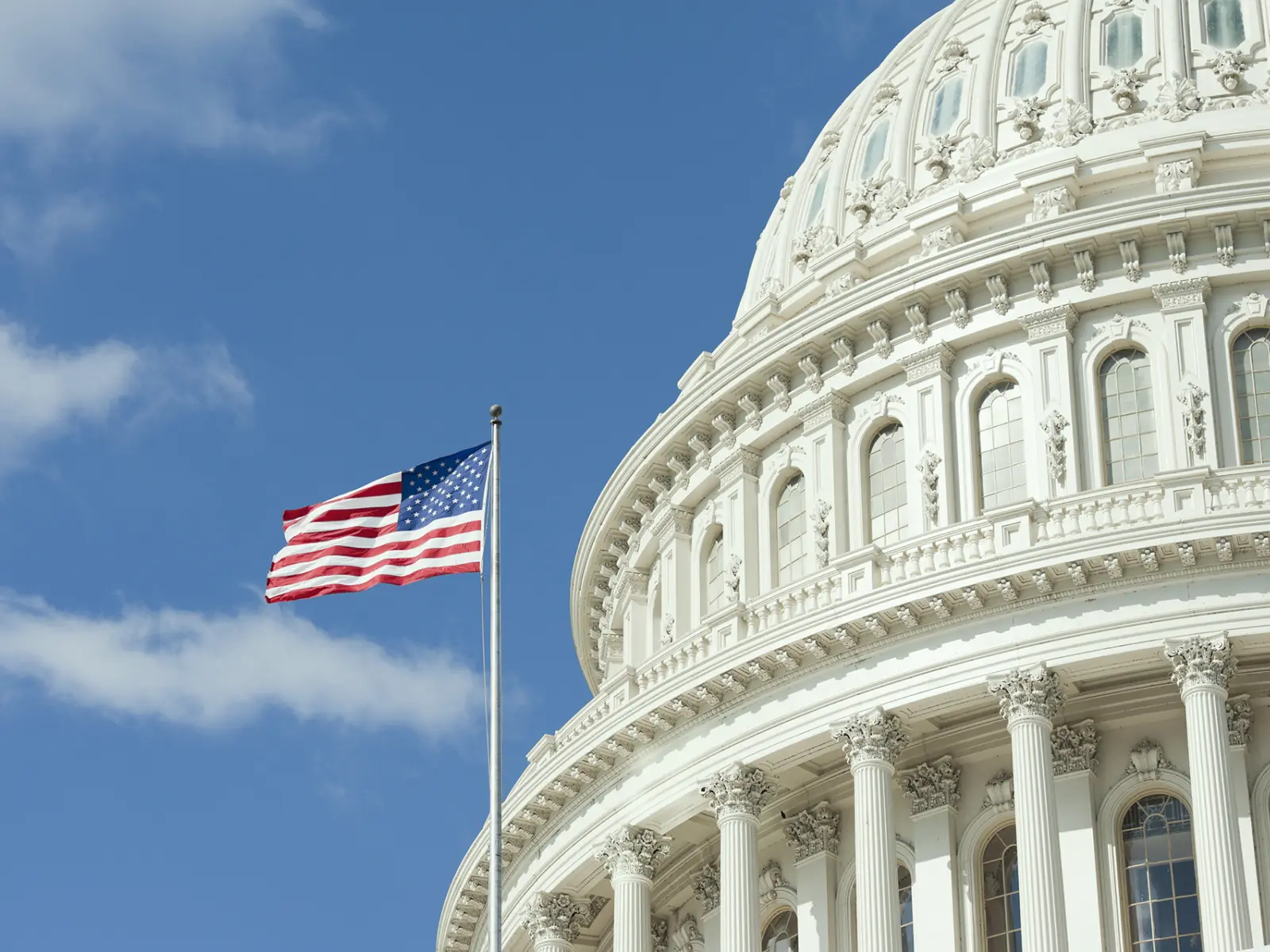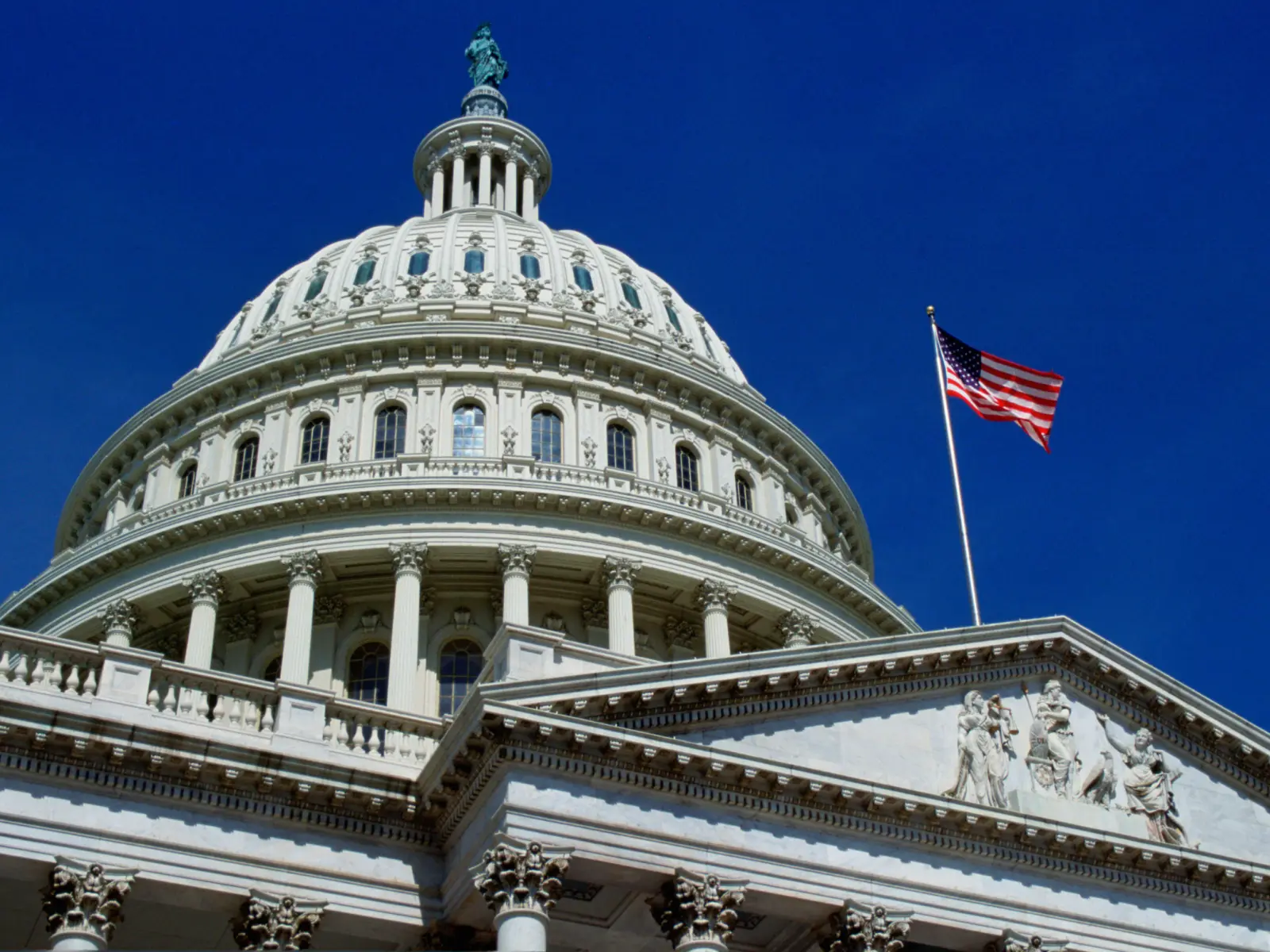What tax legislation might be coming in Congress’ lame-duck session?
“It depends.”
That’s the message George Callas, Arnold Ventures’ executive vice president for public finance, continuously asserted throughout an uncertain election season. While we now know the outcome of this year’s midterm elections, Callas shared two additional “threshold questions” in a conversation with the Urban-Brookings Tax Policy Center this week.
First, will Congress be able to work out an omnibus appropriations bill at all?
If the House and Senate can’t get this across the finish line before the end of the year, Callas says, expect a short-term continuing resolution that extends government funding levels beyond the Dec. 16 deadline. While this will keep the government operating, it likely won’t be a viable legislative vehicle for any robust tax title.
Callas pegged his current prediction for whether Congress will move an appropriations bill conducive to a tax title at 50/50.
The second question arises if congressional leadership does opt for a more comprehensive omnibus bill in the lame duck: Will the bill become a revenue measure?
If the door is opened to one tax provision, Callas explained at the event, others are sure to follow — paving the way for a potential tax package.
Thus it would take both threshold questions to be answered with a “yes” to see any likelihood of a tax package.
In the meantime, the Arnold Ventures public finance team remains focused on three tax legislative priorities that potentially are part of a lame-duck negotiation:
- Modifying the Child Tax Credit in a manner that balances the goals of maximizing opportunity with fiscal responsibility
- Updating retirement savings incentives to ensure retirees can achieve economic security while also accounting for the fiscal pressures an aging society imposes on the federal budget
- Extending current corporate tax provisions dealing with R&D, corporate debt, and capital investment — all of which impact employers’ decisions about whether to locate economic activity in the United States or overseas.
As congressional leaders work out their approach to the lame-duck session, Callas and the Arnold Ventures public finance team will continue to analyze these proposals both with respect to the merits of policy changes and their potential impacts on the deficit.



















